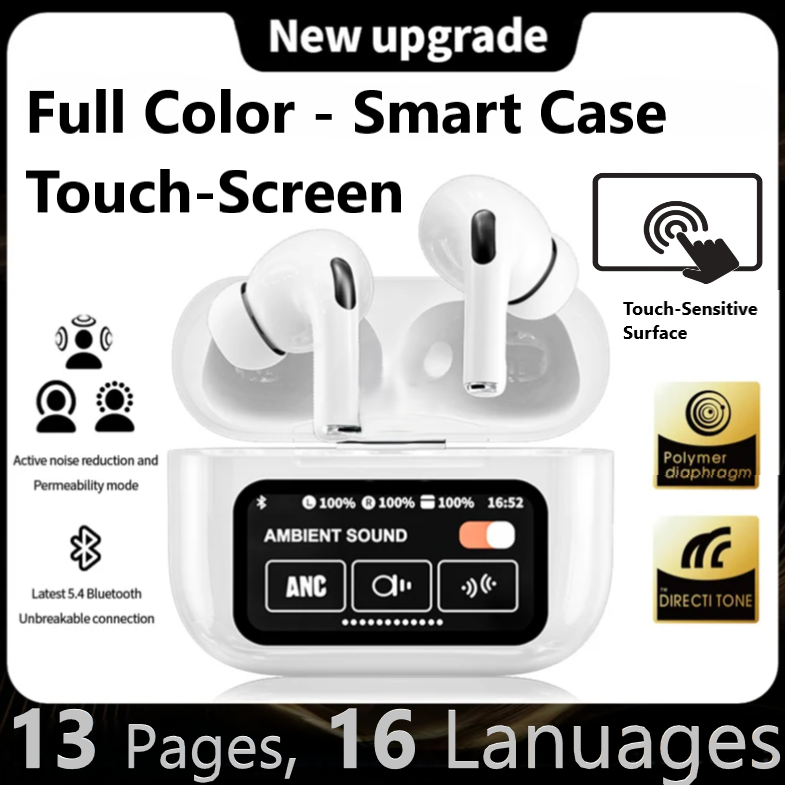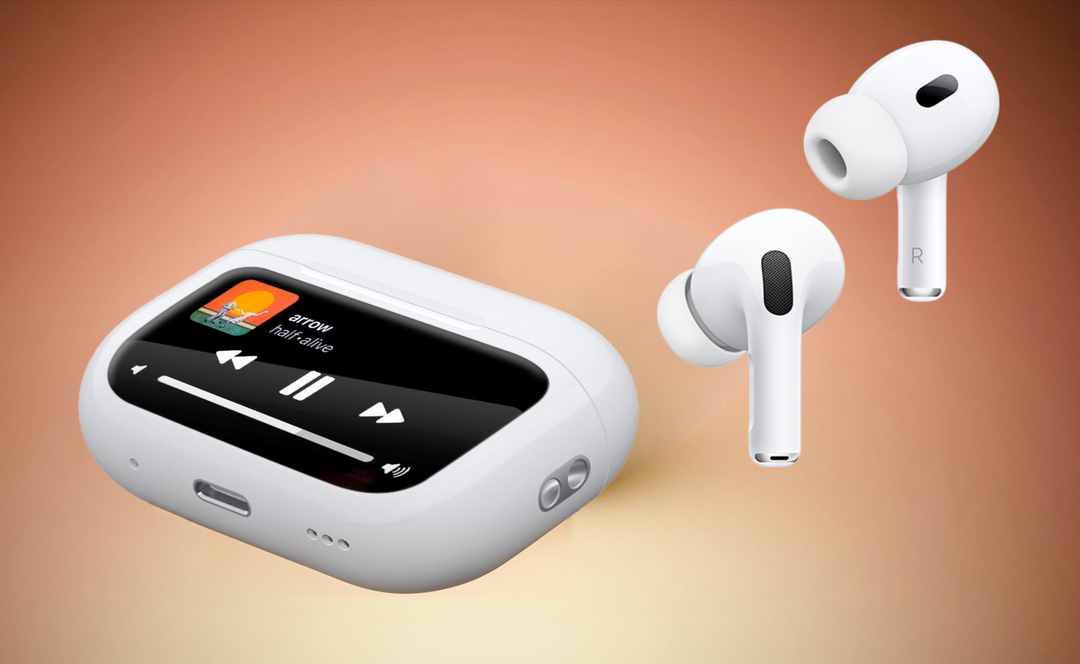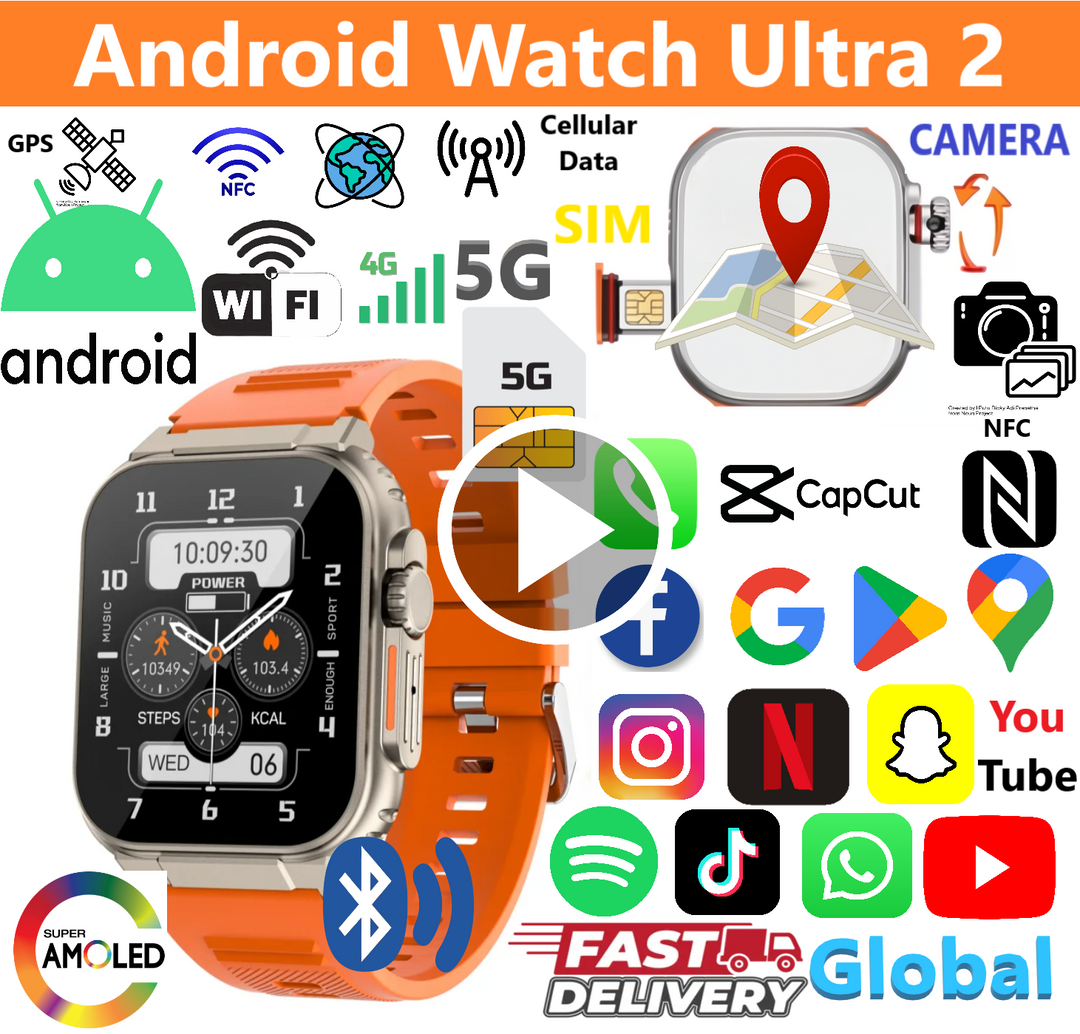Advanced QR Generator
A QR (Quick Response) code is a two-dimensional barcode. It stores information in a grid of black and white squares (called "modules") that a smartphone camera can read.
Key Components (Visual Guide)
Finder Patterns
The three large squares in the corners. These tell the scanner that this is a QR code and define its orientation.
Alignment Pattern
A smaller square (or squares in larger codes) that helps the scanner read the code even if it's on a curved surface.
Timing Patterns
Two L-shaped lines of alternating modules. These define the size and coordinate system of the data grid.
Data & Error Correction
The rest of the modules store your data (the URL, text, etc.) mixed with recovery data.
Error Correction: The "Magic"
This is the most important feature for customization! QR codes are designed to work even if they are damaged or dirty. They dedicate a portion of their data to "error correction" bits.
- Level L (Low): Can recover ~7% of damaged data.
- Level M (Medium): Can recover ~15% of damaged data.
- Level Q (Quartile): Can recover ~25% of damaged data.
- Level H (High): Can recover ~30% of damaged data.
By setting a high error correction level (like Q or H), you can cover up a large part of the code with a logo, and it will still scan perfectly!




